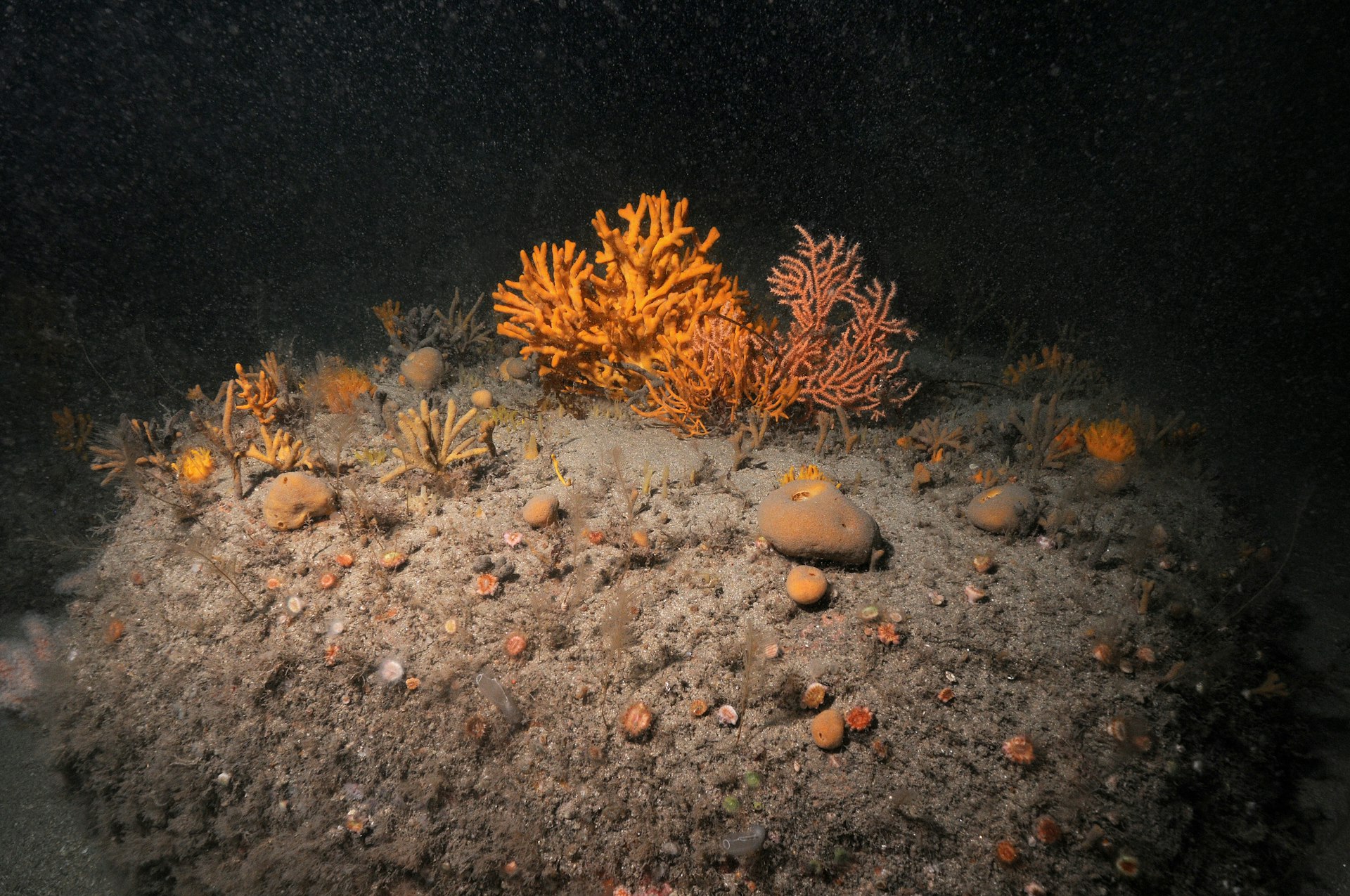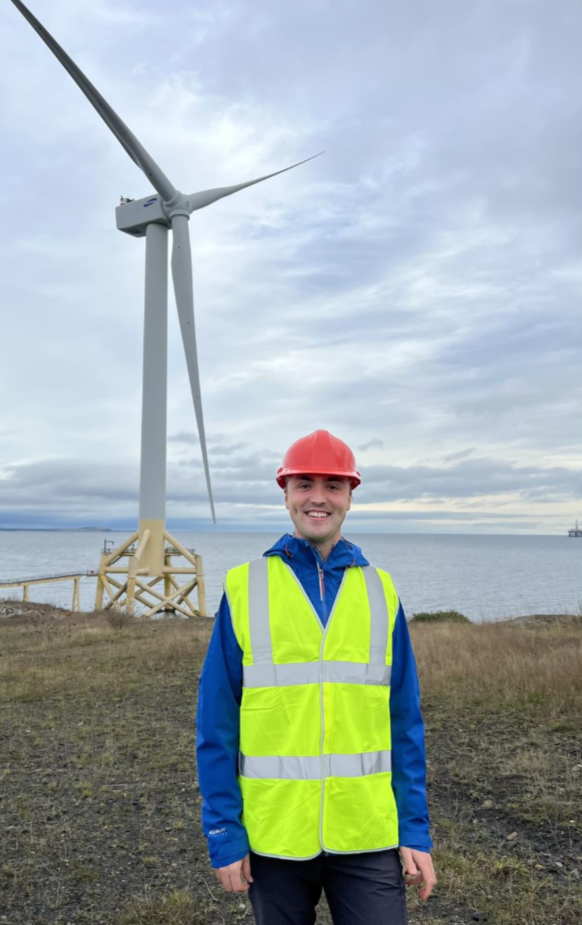
EPSRC PhD: Environmental Modelling and Assessment of Opportunities for the Transition to a Sustainable Marine Economy

Student Name:
Jack Winfield
Student Bio:
I graduated with a master’s degree in physics from Swansea University, after which I completed a PGCE in Secondary Science and taught for two years. While I valued the experience and the skills that I developed - particularly in communication, organisation, and leadership - I came to realise that teaching was not the long-term career path for me. I was drawn back to academia and eager to apply my background in physics to a field where I could contribute to meaningful, real-world change. As a result, I decide to apply to an industrial doctoral training centre for offshore renewable energy – IDCORE.
The IDCORE programme stood out to me because of its unique blend of academic and industry experience. The taught year at the University of Edinburgh offers a comprehensive overview of the offshore renewable energy sector, which is especially valuable as I transition into this field. Throughout the course, there are numerous opportunities for exposure, allowing me to engage with both academic research and industry practice, and benefit from the strengths of each.
As a research engineer, my ambition is to gain a truly holistic view of the renewable energy sector - one that allows me to understand and engage with people across the entire spectrum, from technical engineers to policymakers and business leaders. I want to be able to have meaningful conversations with all parts of the sector and help connect the dots between them.
Location:
UK Exclusive Economic Zone (EEZ)
Timeline:
- August 2024 - May 2026: Phase 1 – Literature review, GHG modelling, lifecycle mapping
- June 2026 - February 2028: Phase 2 – In-depth research and analysis
- March 2028 - August 2028: Phase 3 – Synthesis, recommendations, and thesis submission
Centre for Doctoral Training (CDT) type:
Engineering and Physical Sciences Research Council (EPSRC) Industrial CDT for Offshore Renewable Energy
Lead Univeristy:
Univeristy of Strathclyde
Associated Organisations:
- The Crown Estate
- University of Strathclyde
- University of Edinburgh
- University of Exeter
- Swansea University
- Scottish Association for Marine Science
Background to Doctorate:
This project will investigate how The Crown Estate (TCE) can strategically enable decarbonisation and circular economy in the marine space, with a specific focus on offshore wind. From the perspective of TCE, their scope three emissions profile is dominated by the life cycle of the offshore wind sector, whose sources of emissions come from steel production, vessel operations, and end-of-life management of components. Scope 3 emissions are ones that arise from a business that does not have direct control over the activities but have ownership of the space in which they carried out.
This project aims to identify points where TCE can have influence through evidence-based decision-making, stakeholder engagement and policy alignment. The work undertaken in this project includes, but is not limited to:
- Using modelling tool such as TCE’s greenhouse gas (GHG) tool and SimaPro for LCA analysis, to create decarbonisation scenarios, helping to understand carbon impacts of potential opportunities.
- Mapping the life cycle for an offshore wind project to understand the supply chain and points of influence along it.
- Completing a policy and stakeholder analysis to assess opportunities for influence.

Objectives

Intended Impacts
